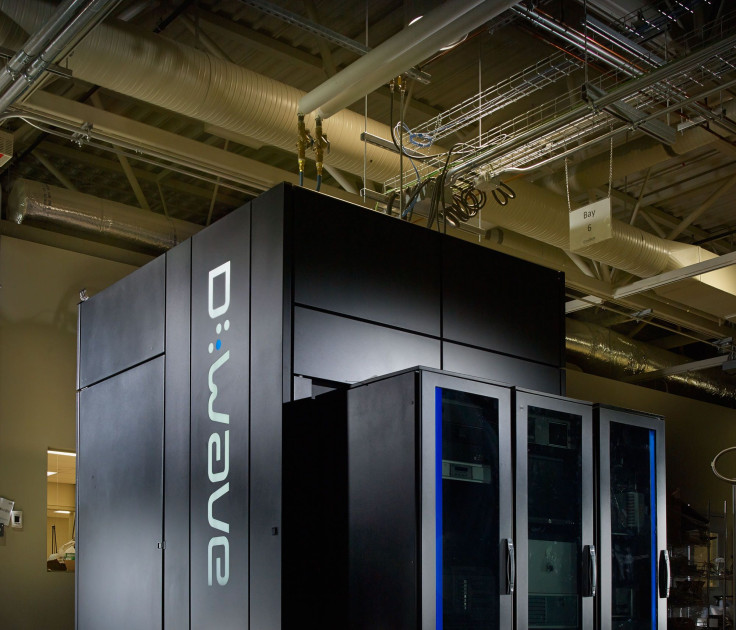IBM Brings Quantum Computing To Everyone With Cloud Service

IBM is opening up one of the most complex and least understood areas of computing to everyone by launching the first quantum computing service in the cloud, hoping that by giving students, researchers and academics the opportunity to use a quantum computer it will help advance development of the technology.
IBM has erected a five qubit quantum computer at its T.J. Watson Research Center in Yorktown Heights, New York, and using its IBM Cloud service has connected it to the world, giving users a simple and straightforward interface to access the power of a quantum computer from their desktop PC or even their smartphones and tablets.
“If you want to understand what a true quantum computer will do for you and how it works, this is the place to do it," Dario Gil, vice president of science and solutions, IBM Research said in a statement. ”You won’t experience it anywhere else.”
IBM is just one of many companies and organizations working on the development of quantum computing with Google, NASA, Intel, Microsoft and even the CIA, seeking to build a computer that has the potential to be exponentially faster than today’s conventional computers.
In December, Google announced a watershed moment in quantum computing when, in collaboration with NASA, it proved its quantum computer — built by controversial Canadian company D-Wave — had solved a specific problem 100 million times faster than a conventional computer could. To put it another way, Google’s quantum computer did in one second what it would take a conventional system 10,000 years to complete.
The idea of a quantum computer has been around for some time with the original concept rooted as far back as the 1960s. While progress toward the practical implementation of this technology has been moving along at a steady pace, it is still not at a point where quantum computers are a reality.
The science behind quantum computers is complex. In short, such a system sees the traditional bits used in digital communications replaced with quantum bits, or qubits. Qubits exist in a state of superposition, meaning they can be in both on/off states at once, rather than restricted to either binary state as traditional bits function — which means calculations can be performed much faster.
Today’s quantum computers can solve very specific problems very fast, but for quantum computers to become truly powerful, it will be necessary to build what is called a “universal quantum computer,” and IBM says that is still some way off.
“It is a beautiful challenge to pursue the path to build the first universal quantum computer, but it requires us to change how we think about the world,“ Gil said. "Access to early quantum computing prototypes will be key in imagining and developing future applications.”
The potential uses for quantum computing systems is huge, ranging from securing cloud computing systems to helping in the development of drugs to accelerating the speed of artificial intelligence systems.

IBM will be hoping that giving everyone access to its system — which is not the most powerful in the world — those using it will be able to assess its reliability and verify that it works in the way it says it does, something which is vitally important in quantum computing.
D-Wave, based in Burnaby, British Columbia, and the best-known manufacturer of quantum computers, has been dogged by controversy. For the last eight years scientists and researchers have consistently said the company’s chips did not show any quantum speedup. The demonstration in December — which has yet to be peer reviewed — will go a long way to helping its credibility, but the challenge of getting its quantum computer to solve a real world problem remains.
© Copyright IBTimes 2024. All rights reserved.





















